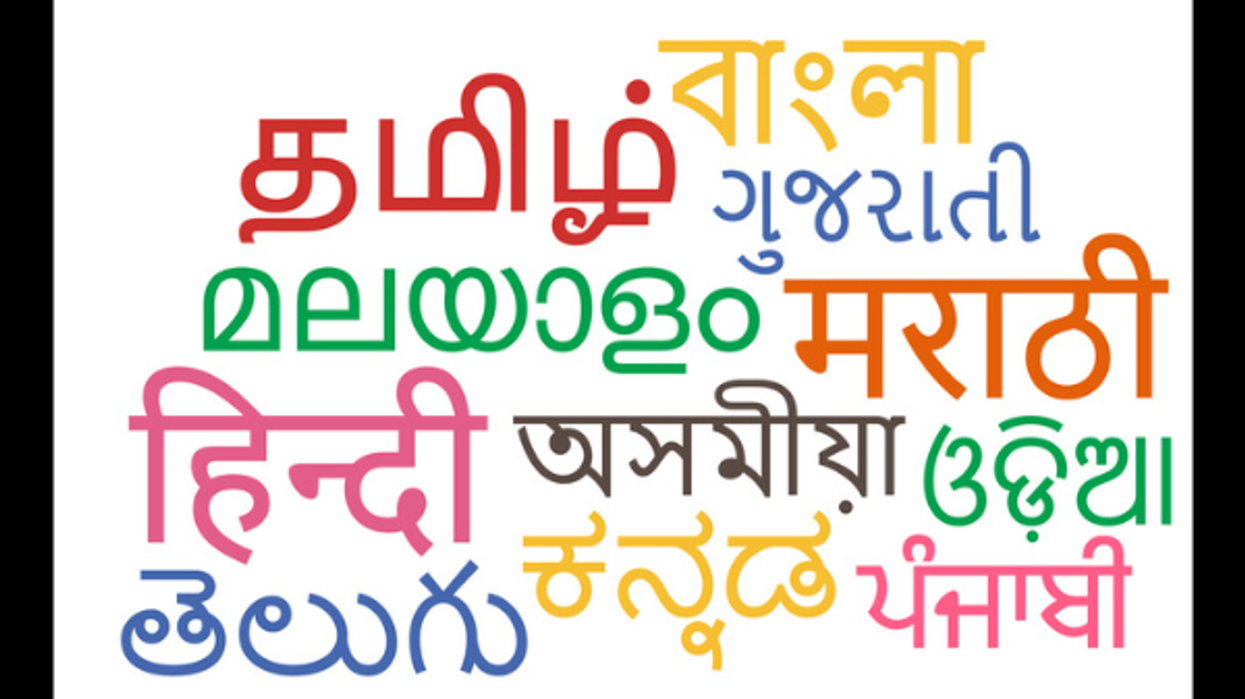A number of South Asian languages, including Gujarati, have seen a steady decline in their appeal in the UK as students entering the General Certificate of Secondary Education (GCSE) levels in languages such as Bengali, Gujarati, Persian, Punjabi, and Urdu have gone down drastically between 2015 and 2021.
A press release from the office of Labour & Co-operative MP Gareth Thomas said that Gujarati has seen the steepest decline of 77 per cent at the GCSE level; followed by Bengali at 66 per cent; Persian at 65 per cent; Punjabi at 45 per cent; and Urdu at 37 per cent.
The Harrow West parliamentarian has called for more government investment in key South Asian languages to reverse the situation.
The release said that Britain needs to back teaching in South Asian languages, from Gujarati to Urdu, Bengali, and Punjabi through to Persian. It added that the teaching of the languages from South Asia is critical for Britain's economic future and gives the young people of the country an opportunity for academic excellence.
It said that improving the learning of languages in the UK doesn't always get the attention and resources it deserves even though the likes of Mandarin and Latin have got funding to invest in new teaching in recent times. It added that similar investment and commitment is needed to kick start a new generation of young people who are able to communicate with the peoples of South Asia in their own languages to boost trade; open up business opportunities; and assist in improving the country's collective security.
"The economic growth and rise of the middle class across many South Asian nations highlights the importance of greater cooperation between the UK and the countries in the region. It is projected that South Asia will add 1 billion new entrants to the “consumer class” by 2030," it said.
To improve the situation, it said dedicated funding; specialist training of teachers; a flagship school programme; support for community schooling; and proper training are required.
Thomas, who led a successful campaign to persuade ministers and exam boards to maintain GSCE and A-level language qualifications in community languages, said, “Ministers’ failure to invest in these languages is leading to a marked decline in the number of students taking exams. The problems concerning the ongoing political tensions with Russia and China further highlight the need to turbocharge trade with South Asia.
Moreover, children learning these languages develop skills which help their performance in other parts of the curriculum.
Community efforts, through temples, mosques and Saturday clubs, have been great at helping young people learn languages, but more support is needed.
I urge the government to recognise the need for proper support to help local communities and schools to support young people learn these important languages.”




